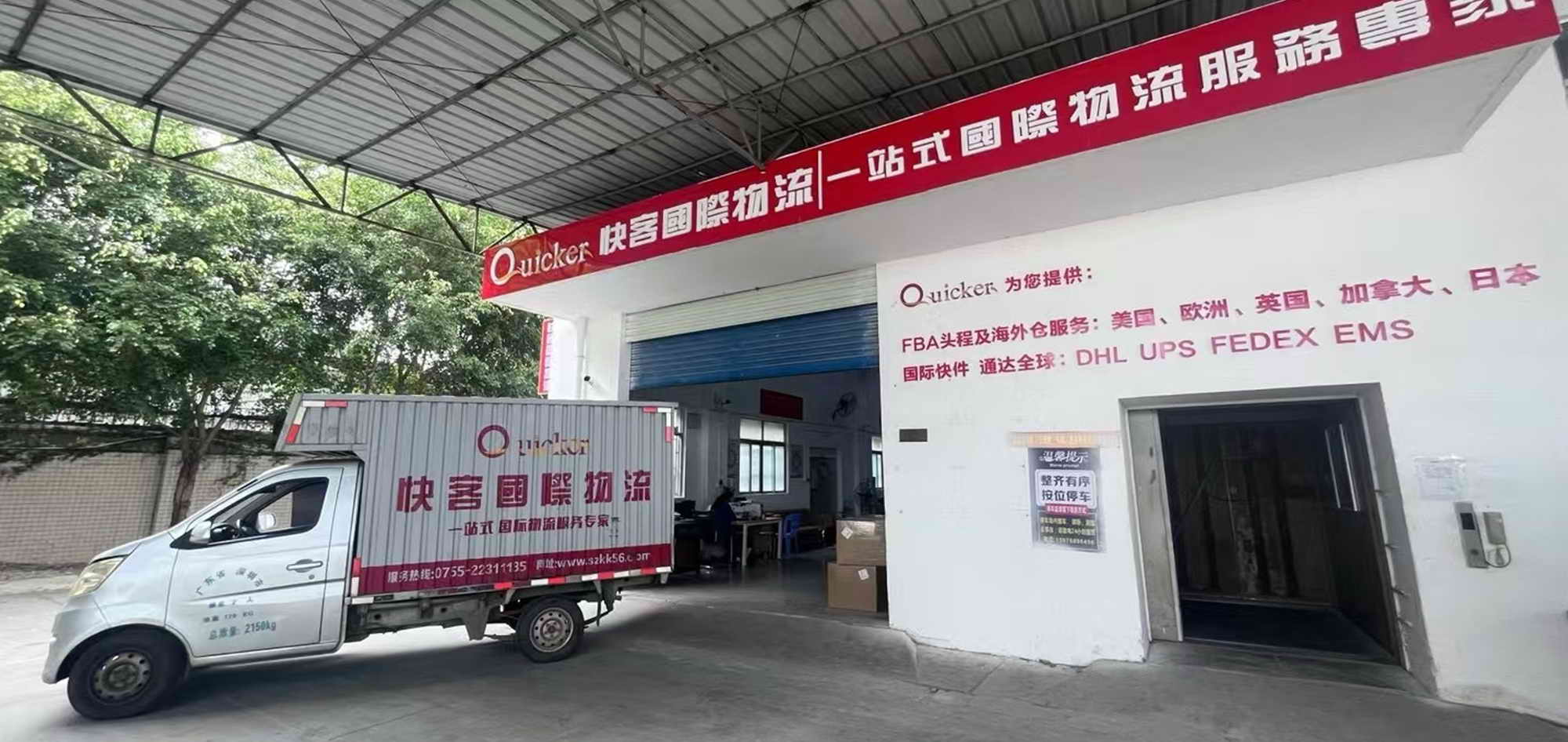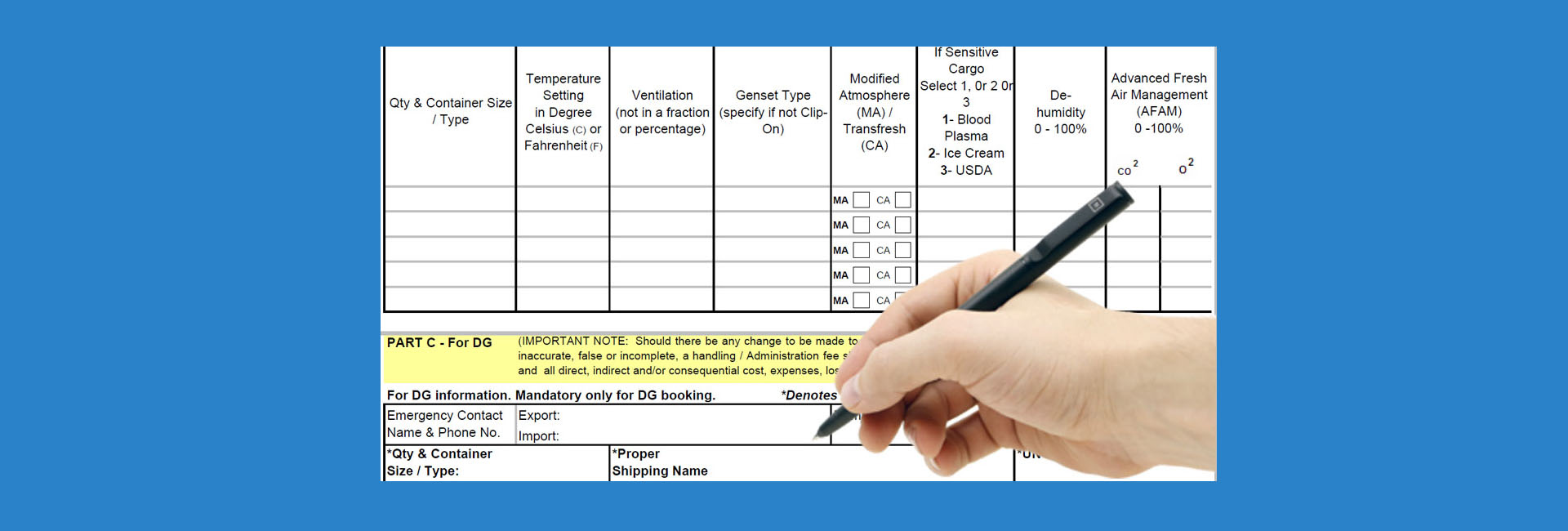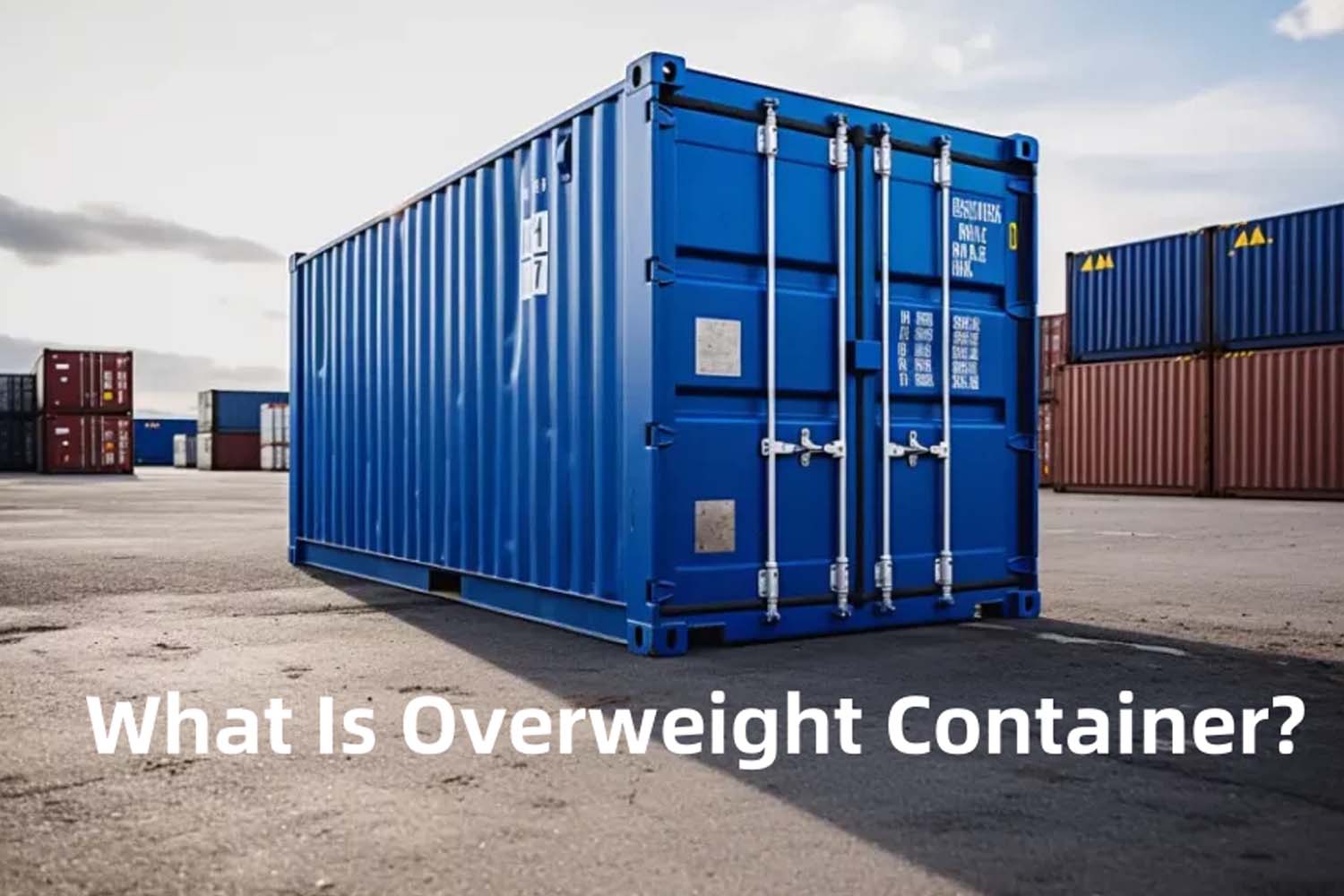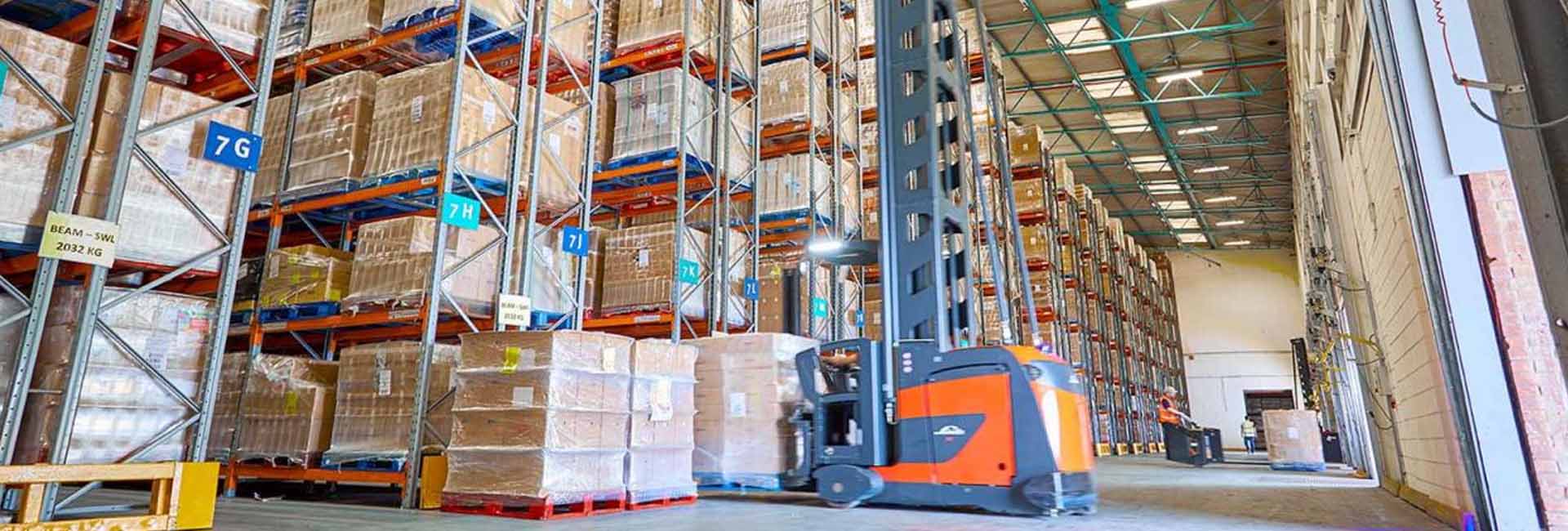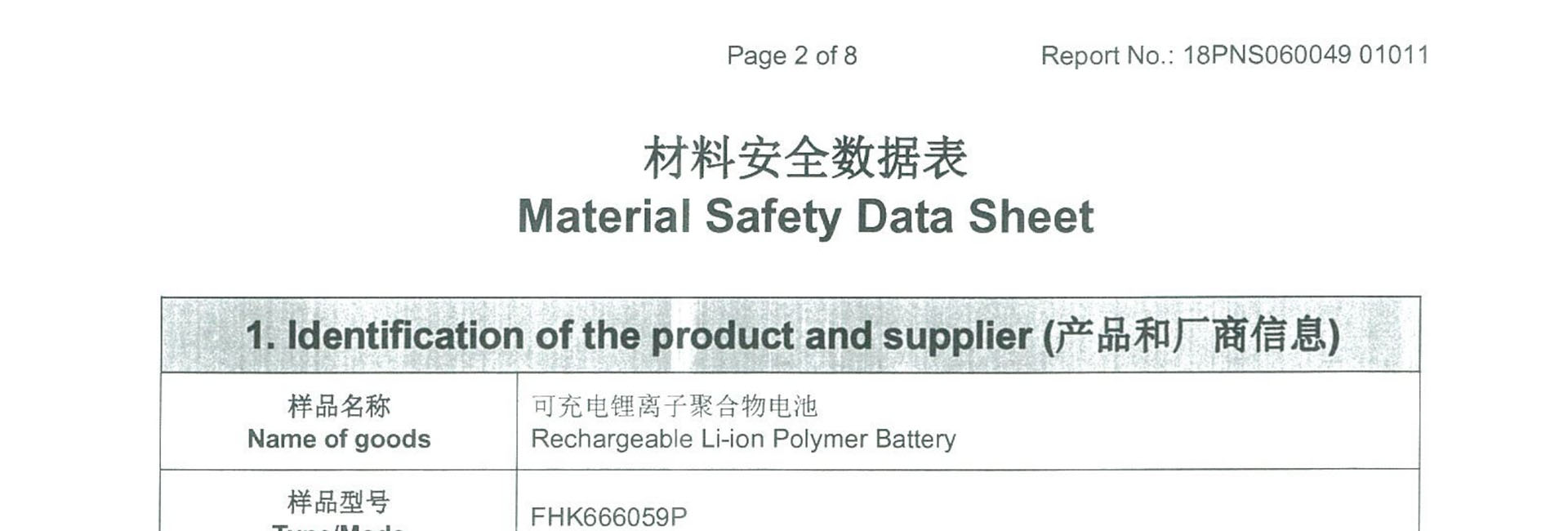Очень важно! Это статья о НДС для немецкого дропшиппинга и складского хранения. Ожидается, что к 2025 году объем рынка электронной коммерции в Германии превысит 120 миллиардов евро, что сделает его крупнейшим рынком онлайн-ритейла в Европе. Однако за этим голубым океаном скрывается "ловушка соответствия" - немецкое налоговое ведомство (Finanzamt) приняло подход "нулевой терпимости" к пресечению налоговых нарушений в трансграничной электронной коммерции. Согласно статистике, в 2024 году более 50 000 аккаунтов продавцов были заморожены из-за незарегистрированного НДС (налога на добавленную стоимость) на сумму более 200 миллионов евро. Один из продавцов Amazon Germany как-то признался: "Я думал, что использование немецких зарубежных складов снизит затраты, но отсутствие регистрации НДС привело к возврату налога за три года, что напрямую нарушило мой денежный поток".
Дополнительное чтение: Налог на добавленную стоимость в Германии - все, что вы должны знать
На этом фоне соблюдение НДС превратилось из "необязательного выбора" в "обязательное требование выживания".
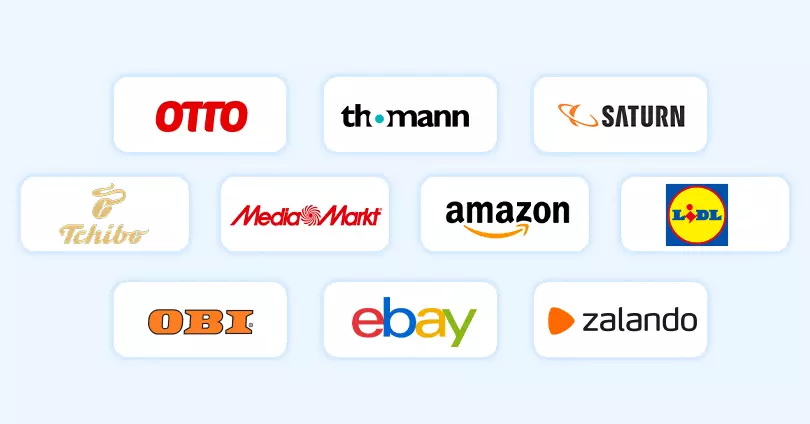
НДС для Германии Дропшиппинг и складирование. Убедитесь в том, что соблюдение НДС - это основа выживания для трансграничной электронной торговли.
Юридическое обязательство: "Жесткий порог" немецкого налогового законодательства
По данным немецкого Закон о налоге на добавленную стоимость (Umsatzsteuergesetz, UStG) и Директива ЕС по НДС (2006/112/EC)Предприятия, не входящие в ЕС, обязаны регистрировать НДС при ведении бизнеса в Германии. Конкретные сценарии включают:
Наличие складских помещений:
Если предприятие хранит товары в Германии (например, используя Amazon FBA или сторонние склады), регистрация НДС обязательна, независимо от объема продаж.
Превышен порог дистанционной продажи:
В 2025 году порог дистанционной торговли в масштабах ЕС останется на уровне 10 000 евро. Если общий объем ваших трансграничных продаж превышает этот порог, необходима регистрация НДС в Германии.
Продажи на платформах электронной коммерции:
Предприятия, не входящие в ЕС, продающие товары немецким потребителям через такие платформы, как Amazon или eBay, должны предоставить действующий номер НДС.
Правила платформы: Нет НДС, нет счета
Такие платформы, как Amazon Germany, дали понять, что продавцы должны предоставлять действительный номер НДС, иначе их счета будут заморожены. В 2025 году сотрудничество между немецкими налоговыми органами и платформами электронной коммерции усилится. Благодаря механизму "недостоверная информация → замораживание счета" предприятия, нарушающие налоговые правила, будут подвергаться оперативному наказанию. Например:
Продавцы, использующие хранилище FBA, но не зарегистрировавшие НДС в течение 30 дней, получат предупредительное письмо от налогового органа.
Если продавец подает нулевые декларации по НДС в течение трех месяцев подряд без обоснованных доказательств ведения бизнеса, его номер НДС может быть аннулирован.
Финансовые риски: Двойной удар" штрафов и пени за просрочку. НДС для Германии Дропшиппинг и складское хранение
Предприятия, не зарегистрировавшие НДС, подвергаются следующим рискам:
Штрафы при отсутствии регистрации НДС для дропшиппинга и складирования в Германии:
Несвоевременная регистрация или подача НДС может привести к штрафам в размере от 1% до 10% от суммы неуплаченного налога, а максимальный штраф составляет 25 000 евро.
Обратные платежи:
Предприятия могут быть вынуждены заплатить НДС за прошлый период и пени за просрочку, которые могут значительно превышать первоначальную сумму налога.
Изъятие товаров:
Налоговый орган имеет право наложить арест на товары, соответствующие неуплаченному НДС, до тех пор, пока вопрос не будет решен.
Доверие потребителей: Соответствие требованиям повышает конкурентоспособность
Немецкие потребители предпочитают покупать товары с НДС, поскольку это обеспечивает прозрачность цен и позволяет избежать споров после продажи. Регистрация НДС также может повысить доверие к магазину и привлечь больше покупателей. Например, исследование Xiaohongshu (Little Red Book) показало, что 83% немецких потребителей отдают предпочтение продавцам, которые указывают НДС на своих товарах.
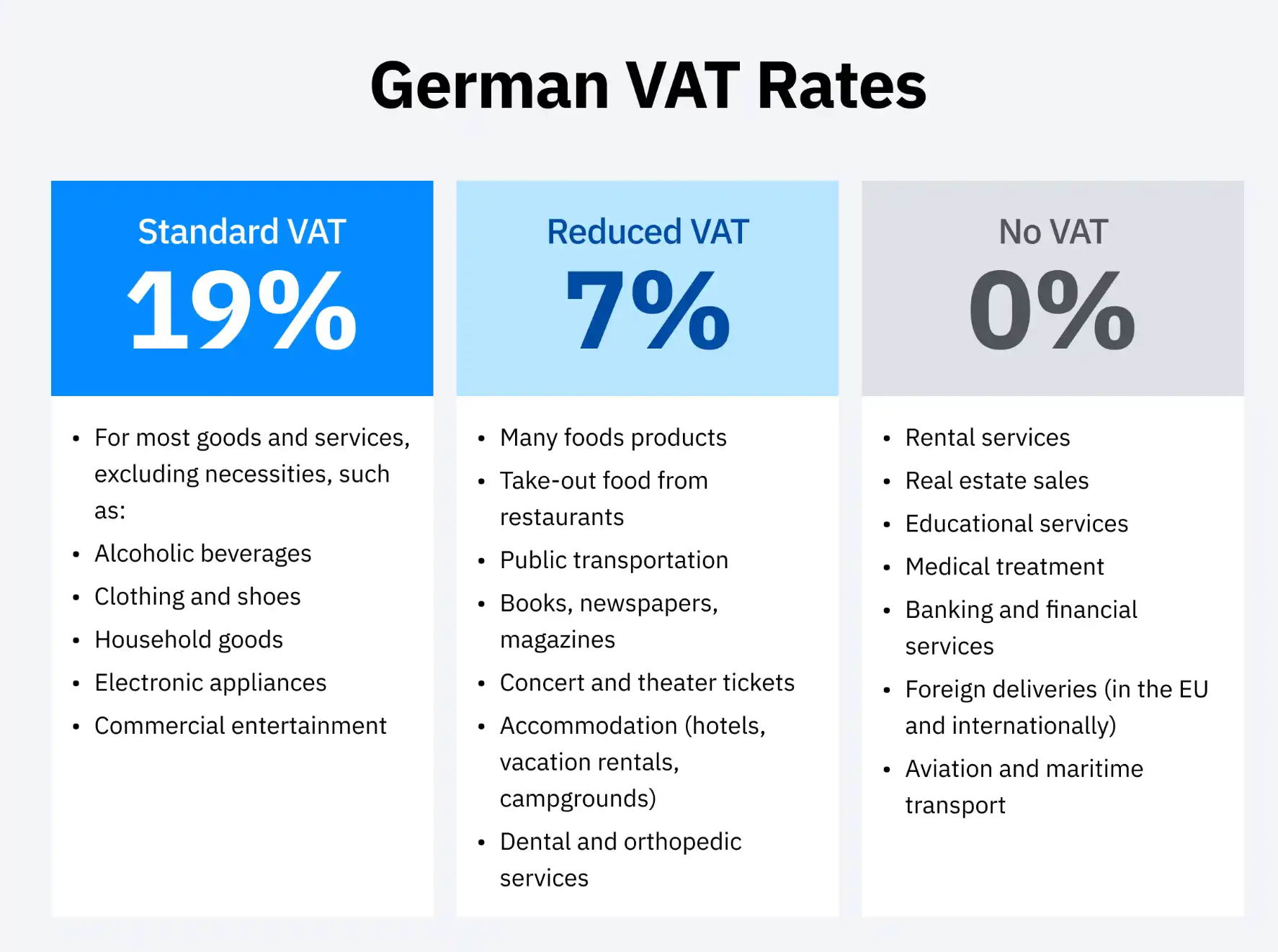
План действий: 3 шага к соблюдению НДС в Германии к 2025 году. НДС для Германии Дропшиппинг и складирование.
Шаг 1: Проведите самооценку, чтобы определить, требуется ли регистрация
Наличие хранилища:
Проверьте, используете ли вы немецкие склады (включая FBA).
Порог продаж:
Рассчитайте, превышает ли ваш общий объем трансграничных продаж в ЕС 10 000 евро в год.
Продажи платформы:
Уточните, продаете ли вы на немецких платформах, таких как Amazon или eBay.
Шаг 2: Быстрая регистрация у профессиональных налоговых агентов
Необходимые документы:
Лицензия на ведение бизнеса, паспорт законного представителя, ссылки на магазин и складские контракты.
Время обработки:
Стандартная регистрация занимает 4-6 недель. Ускоренное обслуживание может сократить этот срок до 2 недель (за дополнительную плату 30%).
Номер НДС Переплет:
После регистрации сразу же обновите свой номер НДС в бэкенде платформы и заполните свою первую налоговую декларацию.
Шаг 3: Обеспечьте постоянное соблюдение требований с помощью системы управления налогообложением
Системная интеграция:
Используйте программное обеспечение ERP для автоматической синхронизации данных о продажах и налоговых декларациях.
Ежеквартальная подача документов:
Своевременно подавайте декларации по НДС, чтобы избежать нулевых или заниженных показателей.
Ежегодный аудит:
Сохраняйте все счета-фактуры по НДС, чтобы подготовиться к возможным налоговым проверкам.
Очевидно, что из вышеприведенной статьи об НДС для немецкого дропшиппинга и складского хозяйства мы знаем, что соблюдение НДС - это "обязательное" действие. На немецком рынке трансграничной электронной коммерции соблюдение НДС превратилось из "необязательного выбора" в "обязательное требование". Каждый случай уклонения от уплаты налогов подрывает доверие к компании, а каждая задержка в регистрации закладывает семена будущих рисков. Правило выживания для 2025 года простое: либо активно соблюдать требования, либо быть вытесненным из игры.
Quicker International Logistics (Shenzhen) Co, Ltd является универсальной транспортной компанией из Шэньчжэня. Мы предоставляем морские перевозки DDP из Китая, воздушные перевозки DDP из Китая, складские услуги 3PL и дополнительные услуги для глобальных грузоотправителей, которые имеют высокие требования к скорости доставки из Китая в страну назначения.


